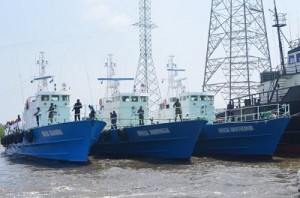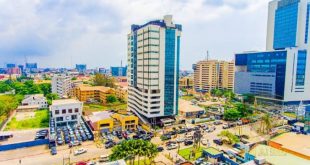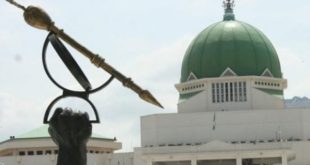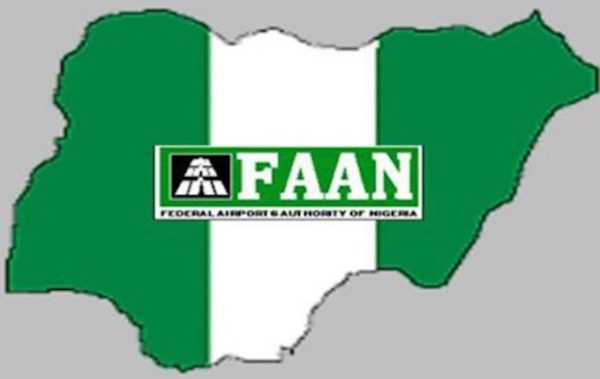 The future of Nigeria’s maritime industry is dependent on the quality, quantity and right mix of the specialized cumulative knowledge required to drive the system on the path of sustainable development.
The future of Nigeria’s maritime industry is dependent on the quality, quantity and right mix of the specialized cumulative knowledge required to drive the system on the path of sustainable development.
The cumulative knowledge of the citizens and the progressive hope of the youth must be rated high whenever the resources of a nation is assessed, because the youths of today are the crucial driving components of any industry in the future.
With the diversity in the types of discipline, jobs and vocations in the maritime industry, there is a dearth of professional manpower.

Nevertheless, over 5,000 Cadets have graduated from the Maritime Academy of Nigeria (MAN), Oron and are stranded without an opportunity to acquire sea-time experience onboard vessels. Similarly, there several thousands of Cadets who have benefitted from the Nigerian Seafarers Development Programme (NSDP) but they also await opportunities for sea-time.
These set of individuals can neither secure employment nor complete their academic exercise without the requisite sea-time experience. Little wonder the number of Nigerian seafarers has dwindled over the years.
Inadequate funding and facilities have contributed to this state of affairs, but the main problem has been the lack of Nigerian flagged vessels which could guarantee sea-time for Cadets.
NIMASA is said to be enforcing a directive that all ship operators engaged in the Cabotage trade, whether Nigerian or foreign owned must have Nigerian cadets on board so they could gain sea-time experience. However, there is still a severe shortage of trained sailors and concerted efforts must be made to salvage the situation.

The passage of the Local Content Law and its implementation also opens new vistas for the maritime industry. It was reported that the Local Content Board has negotiated with Oil firms to hire Nigerian owned vessels. It was further reported that all Category 1 vessels working in the Oil and Gas Industry are owed by Nigerians.
In 2009, the Philippine Overseas Employment Administration (OEA) reported that over 330,000 Philippine seafarers were employed on maritime vessels. The economic implication is that these seafarers generated about $16bn annually out of which $7bn was contributed by seafarers’ remittances, thereby preventing up to 3million Philippine nationals from falling below the poverty line.

According to Nigerian Ports Authority (NPA) statistics in the first quarter of 2015, a total of 5,139 ocean-going vessels with a total Gross Tonnage (GT) of 61,990,999 called at Nigerian ports compared to the 57,034,338 recorded in 2014.
If 60% of the 5,139 vessels that visited Nigeria in 2015 were done by flag ships, crewed by Nigerians and each member of the crew earns an average of $3,000 per month with an assumption of an average of 20 members per ship, the total earnings per month of the crew would amount to about $185million. This translates to about $2.22bn for the year in consideration.
Similar opportunities lie in the over 1000 service vessels operating in the off-shore services, fishing industry and over 150 million tons of carriage of crude oil per year, but Nigerian seafarers would first have to be properly trained. In order to achieve this, Cadets would need to get the requisite sea-time training and all industry stakeholders should be concerned about the lack of sea-time which will result to further decay of the profession.
 MMS PLUS NG – Maritime, Aviation, Business, Oil and Gas News Online Newspaper with coverage in Maritime, Oil and Gas, Aviation, Power and Energy as well as Financial News
MMS PLUS NG – Maritime, Aviation, Business, Oil and Gas News Online Newspaper with coverage in Maritime, Oil and Gas, Aviation, Power and Energy as well as Financial News









